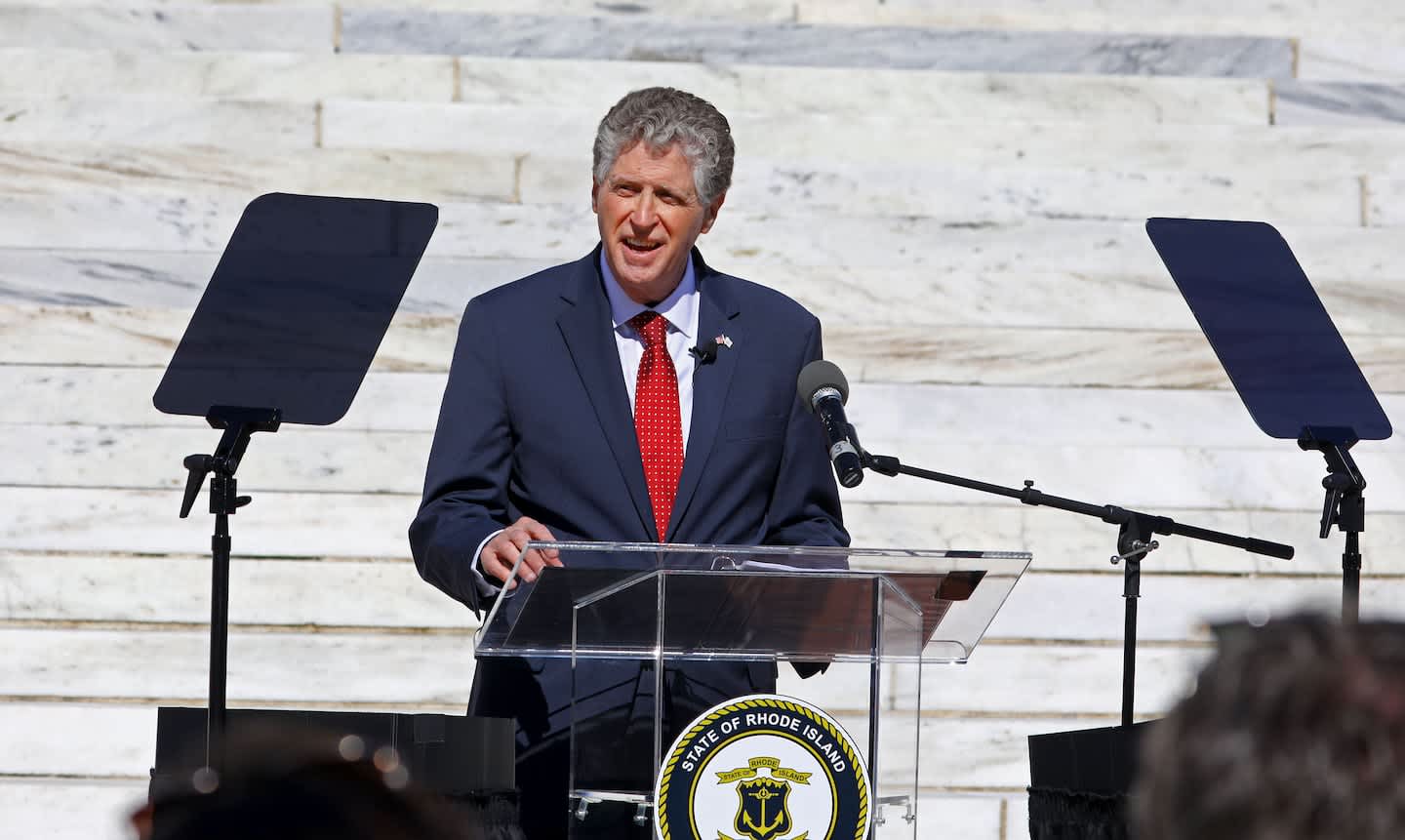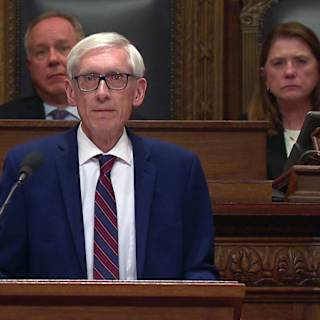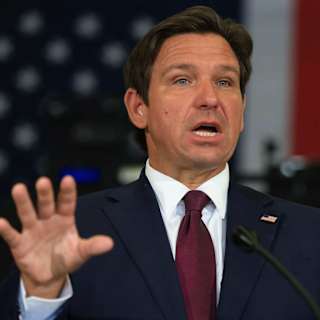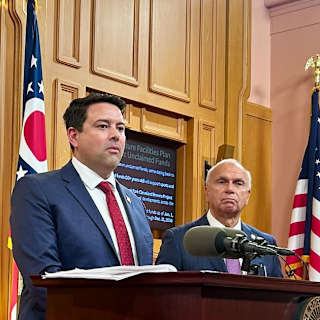- Tax Increases Drive Governor's Concerns
- Budget Process and Timeline
- Fiscal Pressures Mount
Rhode Island Governor Dan McKee has expressed reluctance to sign the $14.3 billion state budget approved by the House of Representatives, citing concerns over tax increases that exceed his original fiscal proposal by $118 million.
The standoff highlights mounting tensions between the governor and legislative leadership over how to address the state's ongoing budget challenges while avoiding what McKee has consistently promised would be no "broad-based tax increases."

The House-approved budget includes several revenue measures that were not part of McKee's January proposal, including a 2-cent gas tax increase to help fund the cash-strapped Rhode Island Public Transit Authority, which faces a $32.6 million deficit12. The legislation also imposes what critics have dubbed the "Taylor Swift Tax" — a statewide property tax on non-owner-occupied homes valued above $1 million — and increases the conveyance tax on home sales2.
"It is more expensive than the budget he originally proposed," McKee told NBC 10 on June 17, declining to commit to signing the legislation2. The governor had initially proposed a $14.2 billion budget that he said would close the state's $250 million deficit without broad-based tax increases3.
State Representative Charlene Lima criticized the high-value home tax, calling it "the mom and pop tax" and arguing that "these people are not millionaires, their homes have appreciated in value"2.
The House approved the budget 66-9 on June 17 following what Speaker K. Joseph Shekarchi described as the speediest budget debate in a decade1. Only one Republican, freshman Representative Marie Hopkins of Warwick, supported the measure, praising its focus on healthcare funding1.
The budget now moves to the Senate, where the Finance Committee was scheduled to discuss it on June 182. The state faces pressure to finalize its fiscal 2026 spending plan before the new fiscal year begins July 1.
Rhode Island confronts what McKee has characterized as "a straightforward mathematical challenge," with projected annual spending increases of 3.6% over five years while revenue growth is expected at only 2.8%1. The state's budget has expanded from $9.3 billion just before the pandemic, partly due to federal aid1.
Social services, particularly Medicaid and local school district support, account for two-thirds of the budget, with expenses consistently outpacing tax revenue growth1. The approved budget allocates over $40 million for primary care, $30 million for hospitals, and $14 million for nursing homes2.



